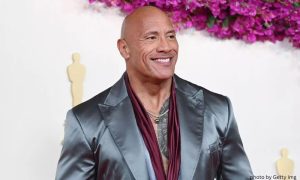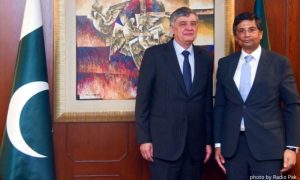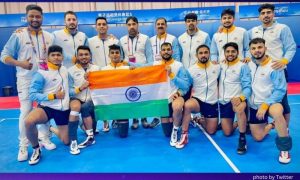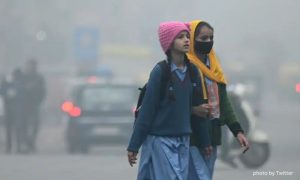The evolution of communication has transformed significantly from ancient methods to modern digital interactions. In earlier times, people relied on radios and newspapers for information, often waiting weeks or months to connect with loved ones through letters or landlines. With the advent of the electric telegraph in the 19th century, communication became faster, allowing messages to be sent over long distances almost instantly. The invention of the telephone further revolutionized personal communication by enabling real-time conversations.
The 20th century saw the rise of radio and television, which provided immediate access to news and entertainment. As technology advanced, the internet emerged, leading to the development of email and SMS. This laid the groundwork for social media, which has since become a dominant form of communication, allowing users to share information and connect globally in real-time. Today, social media platforms facilitate instant interaction and have reshaped how we communicate by making it more accessible and immediate than ever before.
Social media has profoundly revamped modern culture, influencing communication, identity, and activism.
Transforming Communication
Social media has revolutionized how individuals connect, allowing for instant communication across the globe. Platforms like Facebook, WhatsApp, Instagram and Snapchat etc facilitate interactions that transcend geographical barriers which fosters a sense of global community. This interconnectedness enables users to share experiences and perspectives, enriching cultural exchanges and promoting understanding among diverse groups.
The rise of social media has also influenced language itself. New forms of communication, such as emojis, abbreviations, slangs and memes have emerged, altering how people express emotions and ideas. This evolution reflects a shift in cultural norms, where brevity and immediacy are valued over traditional forms of expression.
Shaping Self-Expression & Identity
Social media platforms allow users to curate their identities through carefully crafted profiles. This democratization of self-expression enables individuals to showcase their interests, talents, and beliefs to a global audience. They often find communities that resonate with their values which fosters a sense of belonging. For younger generations, social media serves as a primary means of identity formation.
The constant comparison facilitated by these platforms can lead to issues such as body image concerns and mental health challenges. Various studies indicate that the quest for likes and validation can exacerbate feelings of inadequacy among youth, impacting their self-esteem and overall well-being.
Amplifying Activism
Social media has become a powerful tool for activism, enabling grassroots movements to gain momentum rapidly. Social platforms can mobilize support and raise awareness about social injustices. These digital spaces provide activists with the means to organize protests, share information, and build solidarity across borders. By amplifying voices that might otherwise go unheard, social media fosters inclusivity in public discourse. It allows marginalized groups to share their stories and advocate for change, challenging dominant narratives and promoting social justice.
Cultural Exchange and Globalization
Social media facilitates cultural exchange by connecting individuals from various backgrounds. Users can explore different cultures through shared content, leading to greater empathy and understanding. This exposure can enhance intercultural adaptation, making it easier for people to navigate diverse environments. However, this globalization also raises concerns about cultural imperialism. The dominance of Western cultures on social media platforms tends to overshadow local traditions and practices which leads to a homogenization of cultural expressions. This dynamic may erode unique cultural identities in favor of more mainstream narratives.
Challenges and Pitfalls
Despite its benefits, social media poses significant challenges. The prevalence of cyberbullying, misinformation, and unrealistic portrayals of life can contribute to anxiety and depression among users. Researches indicate that excessive use of social media correlates with increased feelings of loneliness and isolation. Social media algorithms often create echo chambers where users are exposed primarily to viewpoints that reinforce their own beliefs. This phenomenon can hinder constructive dialogue and aggravate societal divisions, making it challenging to engage in meaningful discussions across differing perspectives.
As social media continues to shape culture, there is an increasing call for regulation to address its negative impacts. Measures such as algorithmic transparency and strict content moderation policies can be applied to combat misinformation and protect users from harmful content.
Social media is a double-edged sword that significantly influences modern culture. While it fosters connectivity, self-expression, and activism, it also presents grave challenges related to mental health and societal divisions. Fostering digital literacy and promoting responsible use will be crucial in harnessing the positive aspects of social media. By understanding these dynamics, society can better appreciate the transformative power of technology while addressing its complexities responsibly.























